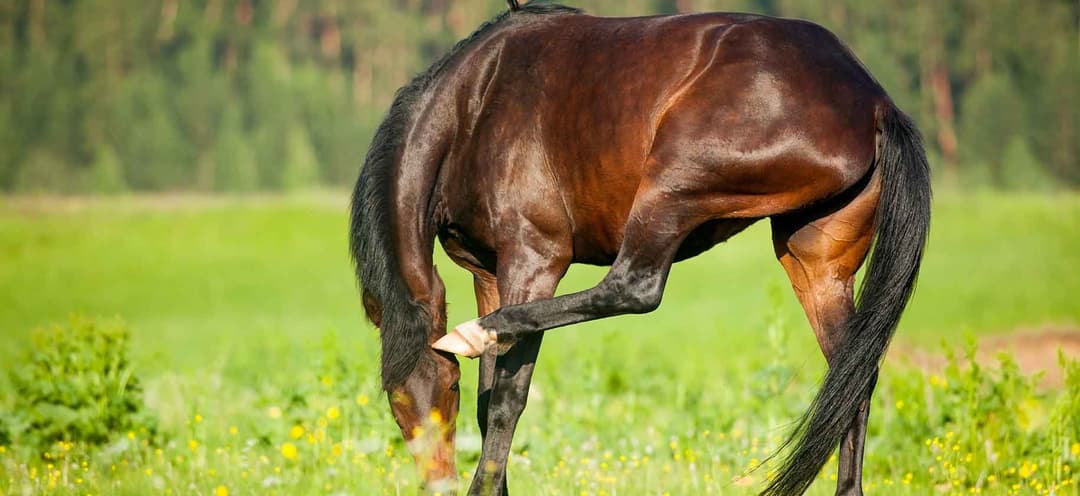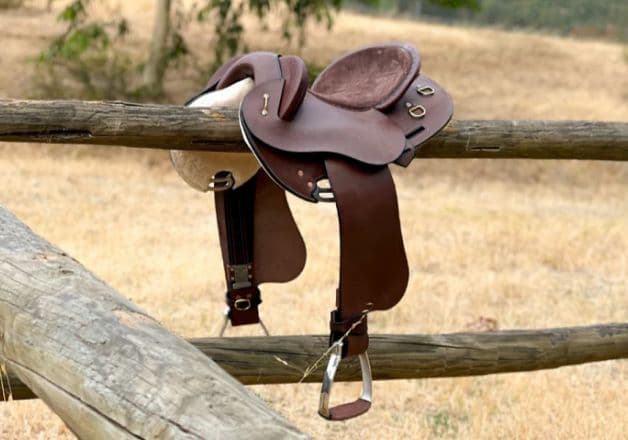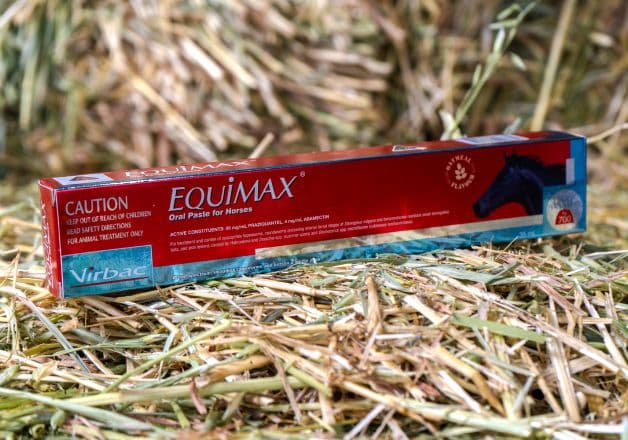
Dealing with an Itchy Horse
Causes of itchiness in horses
The usual cause of an itchy horse is a hypersensitivity to the bites of sand flies (midges) of the species Culicoides. While the bite of the midge is an irritation, some horses develop sensitivity to the bite and will rub themselves so much that they cause injury to their skin and destroy their rugs in the process.
You may also hear the terms Queensland Itch, sweet itch, recurrent dermatitis, summer itch or the scientific terms, Culicoides Hypersensitivity.
The cause is actually an allergic reaction to chemicals in the saliva of the midge. When this reaction occurs, specific chemicals are released in the skin. These chemicals cause an irritation, which in turn causes the horse to scratch and rub.
It occurs in varying degrees of severity in horses of various breeds, and there appears to be a genetic link. The culicoides midges feed primarily at dusk and dawn, and tend to feed on the horse at specific sites, particularly around the head, tailhead, withers, and base of the mane; however other areas, including the chest, back and rump can also be affected. The midges like to breed on the wetland, and around rivers, lakes and standing water, so susceptible horses kept close to these conditions are more likely to be affected.
Symptoms of an itchy horse
Itchy animals will appear very distressed and rub and bite themselves intensely. These bites form blisters, which can weep, causing crusting, scabs and scaling. Prolonged rubbing and biting can results in hair loss and damage to the skin, with sometimes bleeding open sores.
Occasionally secondary bacterial infections can occur. In the long term, skin thickening and loss of hair pigmentation may occur. While horses don’t die from 'Queensland Itch', badly affected horses are of little use as working or pleasure animals as the itching makes them difficult to work. The damage to their coat also makes them look terrible.
Strategies to keep midges away
Keeping midges away from your horse starts with prevention, and a physical barrier like a horse rug is the most effective option. Rugging your horse early in the season can help extend the life of the rug and prevent itchiness before it starts. While it may seem tough to see your horse in a rug on a hot day, a lightweight but durable rug can block midges without causing excessive sweating. Caribu’s Fly Mesh Rugs, available in 140gsm, 270gsm, and 410gsm options, are designed with strong, cool materials and a tight weave to keep insects at bay.
These rugs come with attached hoods that include enclosed ears, and additional eye covers can be sewn on for extra protection. For areas with extreme heat or horses that are rough on rugs, ripstop or flag materials may also be suitable. If your budget permits, stabling your horse with insect screening and a fan during peak midge activity (early morning and late afternoon) can further reduce bites, as midges are weak fliers. Additionally, removing standing water from your horse’s environment helps eliminate midge breeding grounds.
Insect repellents
Horses should be sprayed or rinsed with a suitable product to help deter the midges. There are lots of different options on the market from pyrethrum based chemicals to the more natural alternatives like Heritage Downs Bug Spray and Intensive Treatment. However, any sprays or rinses should be applied over a small area of skin initially to test for any reaction. Many of the natural oil-based products are the most effective. We continually hear great results with Heritage Downs range. If the irritation is well underway, daily bathing with a suitable medicated shampoo can help affected animals, by removing the saliva irritants and scabs and scales of the skin can help give relief.
Lastly, not all itching or rubbing in horses is caused by Queensland Itch. Itching in horses can be caused by many things, including a variety of contact allergies and even a form of worm infestation.
If you are unsure whether your horse has, Queensland Itch or some other skin condition, consult with your veterinarian for full advice.


